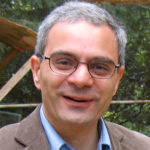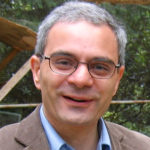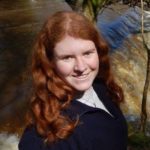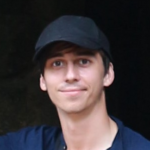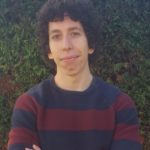Our research encompasses a range of topics related to animal behaviour and evolution; particularly animal social learning, innovation and intelligence; niche construction, inclusive inheritance, and the extended evolutionary synthesis; and human evolution, cultural evolution, and gene-culture coevolution. We integrate rigorous laboratory experimentation with sophisticated statistical and theoretical approaches, including the development of new methods.
Animal social learning, innovation and intelligence
Animals learn from others selectively, according to functional rules called ‘social learning strategies’. We investigate such strategies through experimental studies in monkeys, birds and fishes, and through evolutionary game theory modelling. We also use experimental studies of animals, including monkeys, birds and fishes, combined with mathematical methods, to determine where animals acquire behaviour through social learning, and how novel traits spread through populations. We conduct comparative statistical analyses exploring the causes of the large primate brain and the evolution of intelligence. We have found that social learning, innovation and tool use all co-vary with primate relative brain size and may have been drivers of brain evolution.
Niche construction, inclusive inheritance and the extended evolutionary synthesis
The activities of organisms can modify selective pressures and affect subsequent evolution. We investigate the effects of this niche construction using comparative phylogenetic methods, theoretical population genetics modelling and through experimental analyses. We are also exploring the evolutionary consequences of extra-genetic forms of inheritance, including cultural inheritance and ecological inheritance, as well as phenotypic plasticity, using experimental and mathematical approaches. The recognition of niche construction as an evolutionary process that imposes biases on selection, as well as important roles for extra-genetic forms of inheritance and of phenotypes (e.g. plasticity-first) in evolution, are central concepts in the emerging extended evolutionary synthesis.
Human evolution, particularly the evolution of cognition
We study the evolution of social learning, teaching, language, cooperation and cumulative culture through a combination of mathematical modelling and experimental research. Our laboratory’s research into the evolution of cognition is summarised in Darwin’s Unfinished Symphony: How Culture Made the Human Mind.
Funders
Our research is well supported by grants and fellowships from the John Templeton Foundation, ERC, BBSRC, NERC, the EU, The Royal Society, and the AHRC. The final reports of all of our previous research council funded projects have been graded ‘A’ for excellent value for money.
